|
|
|||||
This week, key takeaways from the wealthy and powerful’s yearly pilgrimage to the Swiss Alps. |
|||||
|
|
|||||
Vibe check3,000 decision makers from government, business, and civil society descended on Davos, Switzerland, this week for the World Economic Forum's annual meeting. That included 60 heads of state and government and over 900 CEOs. The vibes heading into the meeting weren't optimistic. More than 6 in 10 experts expect the next 10 years to be "stormy or turbulent." They're skeptical that societies and governing institutions are up to the task of solving today's problems. That pessimism is shared by non-experts (more on that below). As usual, Davos was a flurry of panel discussions and speeches on a range of topics. This year's most popular theme was AI: how to harness its potential, how to prevent it from deepening global inequalities, and how to prevent it from, err, destroying humanity. Here are 3 things from this week's discussions that stood out to us. Joe Kraus, Aftershocks Editor 3 things to know1. AI could lift global growth by 0.8%, according to IMF research. But there is a huge gap between AI's accessibility in advanced vs. less advanced economies. Paula Ingabire, Rwanda's minister of ICT & innovation, said basic AI uses could provide a 6% boost to Rwanda's GDP, if the country can improve infrastructure and shrink the digital gap. Why it matters: AI could help provide early warning systems for farmers, improve government effectiveness, and strengthen healthcare in developing countries. But they'll first need to improve infrastructure, particularly electrical systems given AI's intense energy use. And they'll need to make internet and electricity access affordable and increase people's internet skills. That's a lot to ask of countries already struggling under heavy debt and development burdens. 2. Climate change – and the role of fossil fuels – got lots of discussion. South African President Cyril Ramaphosa said that we must acknowledge that the benefits of economic growth “have been achieved at the cost of environmental destruction.” UN Secretary-General António Guterres went further, comparing fossil fuels to “a Frankenstein monster” that is “selfish and self-defeating.” Why it matters: Climate change could push as many as 132 million people into poverty by 2030. Yet the world’s most climate-vulnerable countries receive just 6.5% of the money needed to address climate change. Meanwhile, rich countries spend six times more to subsidise fossil fuels at home than they commit in climate finance to support climate-vulnerable countries. That hypocrisy has some wondering if developing countries should follow the US’s lead and leave the Paris Agreement. Rich countries spend far more subsidising fossil fuels than they commit in climate finance for vulnerable countries.  Analysis by ONE based on Fossil Fuel Subsidy Tracker and OECD Creditor Reporting System. 3. 60% of billionaire wealth isn’t earned. Instead, it comes from inheritance, cronyism, corruption, or monopoly power, according to Oxfam’s analysis. Billionaires gained $2 trillion in 2024, three times the rate of 2023. Oxfam predicts we’ll see five trillionaires in the next decade. Why it matters: People’s trust in both business and government has cratered, helping give rise to populism and democratic backsliding. The causes: high levels of inequality, economic anxiety, and perceptions that political and legal systems are rigged in favor of the wealthy. The rich continuing to get richer whilst most everyone else doesn’t will only further inflame frustrations. Rinse, repeat. From the ONE Team
 |
|||||
|
|
|||||
IN THE QUEUE:
|
|||||
|
|
|||||
The ONE Campaign’s data.one.org provides cutting edge data and analysis on the economic, political, and social changes impacting Africa. Check it out HERE. |
|||||
|
|
|||||
|
|
|||||
|
|
|||||
|
|
|||||
Did you like today's email?Loved it Mehhh Hated it |
|||||
|
|
|||||
Did you like today's email?Loved it Mehhh Hated it |
|||||
|
|
|||||
Wie hat dir dieser Newsletter gefallen?Richtig gut! Ging so… Überhaupt nicht. |
|||||
|
|
|||||
|
|||||
|
|||||
|
|||||
|
This email was sent by ONE.ORG to redaktion@epo.de. You can unsubscribe at any time. ONE Campaign |
